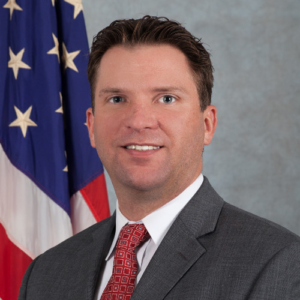The clinical trial industry has just endured “perhaps the most challenging time to ever be in this business,” Dr. David Burrow, PharmD, JD, Director, Office of Scientific Investigations, Center for Drug Evaluation and Research, U.S. Food and Drug Administration (FDA) told attendees of ACRPs 2022 Conference in Orlando today (April 23).
Put bluntly, in “the last two years everything we know about what to do and how to do it was put in flux,” he said.
However, while the Covid-19 public health emergency forced FDA’s “current thinking to evolve quite a lot over the last two years,” the importance of protecting patients and adequate documentation remain mission critical to the agency, Burrow stressed.
“Yes, there have been shifting sands throughout the pandemic,” Burrow said. However, “documentation remains key, it is [still] critical to be able to reconstruct when and why” something was done during a trial, he said. “Patient safety is a critical factor,” he added.
Noting that the agency has issued 79 Covid-19 related guidance’s since early 2020, Burrow also reminded attendees to keep up with revisions and other FDA communications because they best represent the agency’s contemporary viewpoint. “Please be ensured you are well-versed in FDA guidance documents” he said.
The Covid-19 pandemic has also reminded industry of the importance of proactively building quality into clinical research even when roadblocks and problems emerge. Burrow said he strongly suspects there is a strong business case for quality and hewing to its roadmap benefits companies during a crisis.
“You don’t have to build quality from scratch, there are a lot of great resources out there,” Burrow said. It begins with building a culture of quality, he added. “It should be a way of life.”
“Focus on building quality into the clinical trial process through proactive compliance rather than ‘inspecting’ quality in,” Burrow said.
At the trial level, the protocol is the “blueprint for quality,” Burrow said, advising also against producing overly complex protocol designs. Calling them “Christmas trees,” he noted they only add unnecessary layers of detail and complexity without tailoring the protocol and its delivery to focus on what truly matters to eliminate or mitigate real risks.
It’s about “the absence of errors of that matter,” as opposed to the unrealistic goal of completely removing errors from a clinical trial, Burrow said.
Author: Michael Causey



